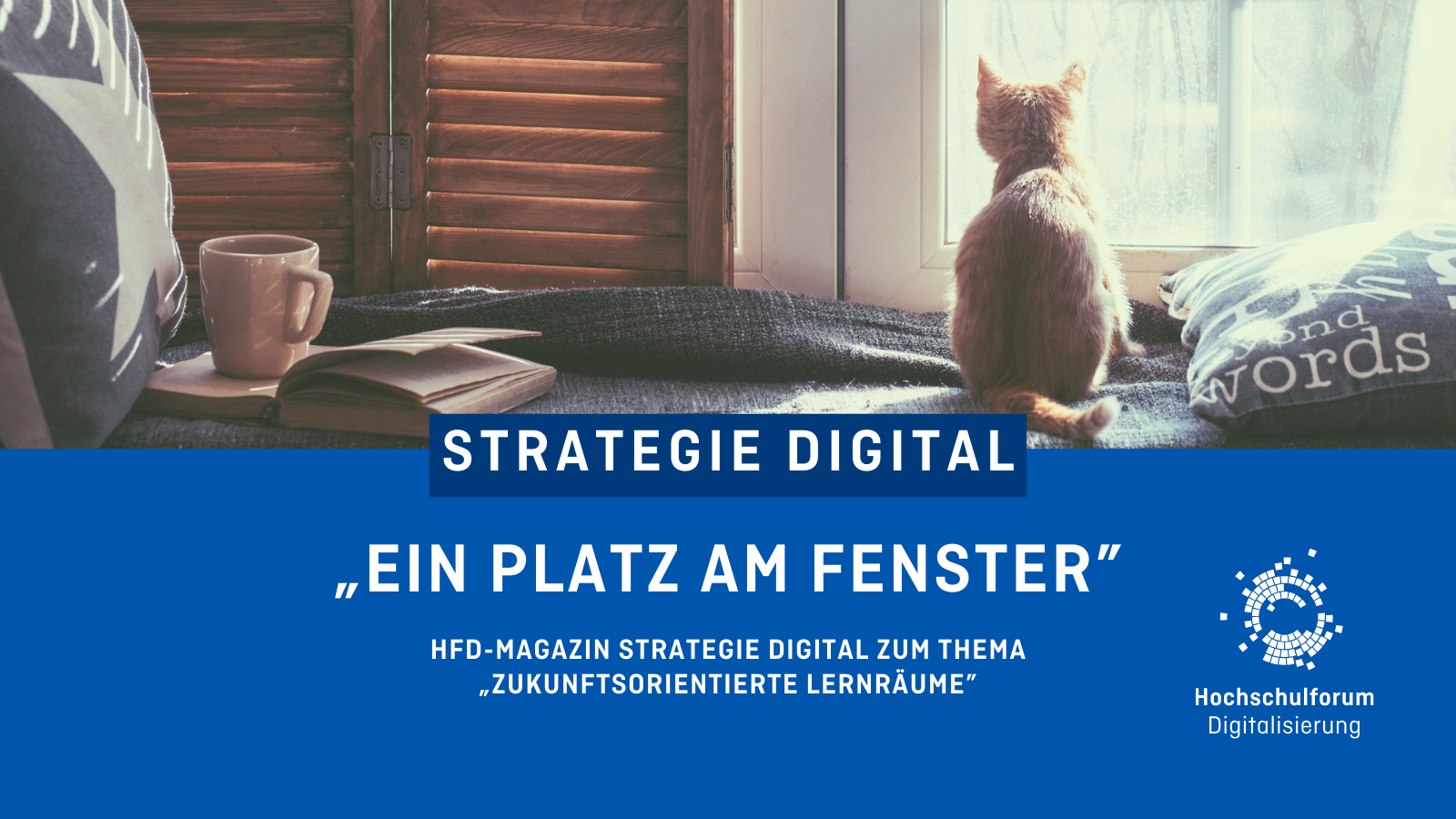The End of Commitment in the Online Semester?
The End of Commitment in the Online Semester?
23.10.20
“The good will of students and lecturers for activating teaching and learning through digital offerings is mostly present. The misery does not only begin with the application of digital tools and services, but already with the availability of hardware and software”. A commentary on “media literacy and the end of commitment in the online semester” by Linda Budde and Jana Panke, both from Leibniz Universität Hannover.
This article has been automatically translated using DeepL Translate. Please excuse any mistakes.
![Technology, software, know-how? All tasks of the students? Photo: [https://unsplash.com/photos/7EwWeNyzSwQ Markus Winkler] Technology, software, know-how? All tasks of the students?](/sites/default/files/images/blog/markus-winkler-7EwWeNyzSwQ-unsplash_0.jpg)
“Do I have to save this in the cloud?” and “Can you send me the files again? I don’t have a program to download the PDF!”: No joke – these and other remarks were frequent during the last semester, the Corona-related digital semester, and in my opinion they testify to an expandable competence in dealing with basic functions of digital media. In the age of digitalization, media competence is seen as a basic skill of a modern society with interdisciplinary relevance (Kerres, 2017). Isn’t it then the task of a university to promote this? In my opinion, this is particularly important during the online semester in order to avoid unnecessary technical challenges for students.
The good will of students and lecturers for activating teaching and learning through digital offerings is usually there. The misery does not only begin with the use of digital tools and services, but already with the availability of hardware and software.
In the online semester, it goes without saying that “Use/Bring your own Device” is the motto, preferably together with the corresponding programs, such as the Microsoft Office package. This makes education more prerequisite, because the success of teaching is made dependent on the economic status of the students or their parents. To counteract this process of exclusion, it is essential to provide students with the necessary hardware and software free of charge and in sufficient quantity.
If hardware and software are available and ready for use, it is currently up to the students’ own responsibility and interest to determine how much know-how they have in dealing with digital media. Much is expected at university, which was not required to the same extent in earlier phases of life. In order to align the different levels of media competence of students, it is necessary for students to refresh and expand their knowledge on media competence, digital media and data protection. One way to do this would be to hold regular on-demand sessions”.
So, hardware and software: Check! Media competence: Check! The online semester can continue, right? Well, almost, because it’s about more than just the availability of hardware and software and the ability to use digital media: During the online semester I realized that new standards in digital interaction are also needed:![Get out of here fast, breakout rooms. Photo: [https://unsplash.com/photos/-2vD8lIhdnw jeshoots.com/] Get out of here fast, breakout rooms.](/sites/default/files/images/blog/jeshoots-com--2vD8lIhdnw-unsplash_0.jpg)
“Next, I’m going to divide you into breakout rooms and you’ll discuss in small groups…” And bang, five fewer participants in the online seminar. This is an experience that has unfortunately happened more often in the current online semester and I find it disrespectful towards the lecturers. In the regular semester you wouldn’t have run out of the room as soon as an unattractive task was set. It seems that with the loss of presence at the university, one’s sense of obligation has also been lost to some extent. This can be seen not only in dealing with lecturers, but also with fellow students: The advantages of more flexible time management through online studies are compensated by the difficulty of making arrangements, because if there is a lot of wild jamming in WhatsApp-groups at 11 p.m. because a joint delivery is approaching and no prior arrangement was possible due to the individualized daily rhythms, then an increase in the cortisol level is pre-programmed. Flexibility also means that everything is always potentially possible.
To ensure that digital work is still as stress-free as possible, it makes sense to be committed not only to others, but also to yourself. It is certainly more difficult to organize yourself in such a way that the workload is not done just before the end of the night.
Hallelujah, the online semester offers quite a few challenges in technical, application-related and social terms! But I’m sure: With strong nerves, a stable internet connection and mutual consideration we’ll make it through the next semester with Corona!
Kerres, M. (2017) Digitalisierung als Herausforderung für die Medienpädagogik: „Bildung in einer digital geprägten Welt“. In: Fischer, Christian (Hrsg.) Pädagogischer Mehrwert? Digitale Medien in Schule und Unterricht. Münstersche Gespräche zur Pädagogik, Münster: Waxmann.



 Dr. Klara Groß-Elixmann
Dr. Klara Groß-Elixmann 

 Isabel Larisch
Isabel Larisch 